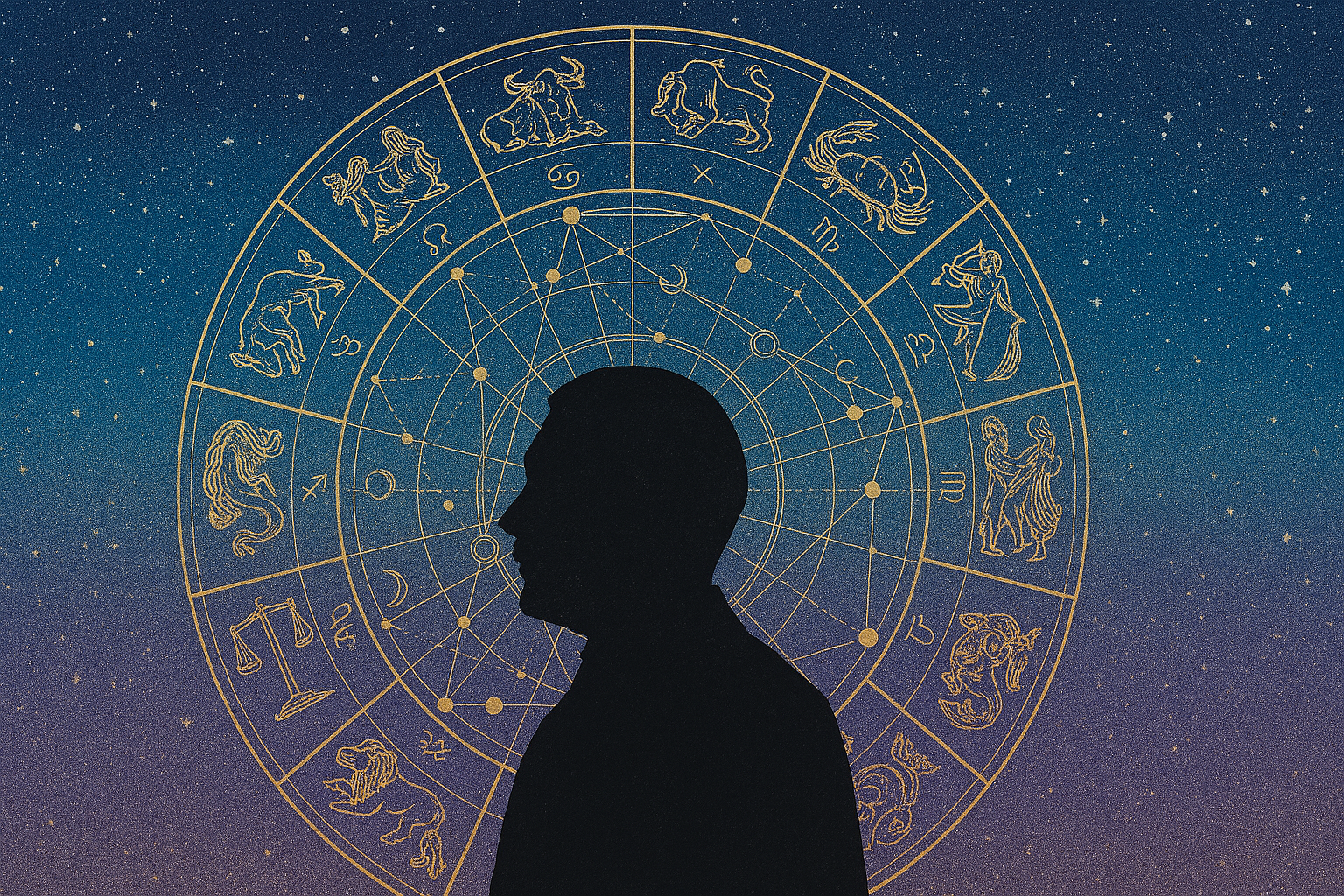During the darkest days of World War II, as Britain grappled with the existential threat posed by Nazi Germany, its intelligence services explored every conceivable method to gain an edge. Among the more eccentric strategies was the belief that astrology, the ancient art of interpreting celestial movements, could be used to anticipate Adolf Hitler’s decisions. This led to the recruitment of Louis de Wohl, a flamboyant astrologer who claimed noble Hungarian lineage and promised to unlock the secrets of Hitler’s mind through the stars.
The Rise of Louis de Wohl
Louis de Wohl was born Ludwig von Wohl in Berlin in 1903 to a Hungarian father and German mother. Before the war, he had made a modest name for himself as a novelist and screenwriter in Germany, writing pulp fiction and romantic dramas. With the rise of the Nazis, de Wohl, who was of Jewish descent, fled Germany and eventually settled in Britain in 1935.
De Wohl reinvented himself in London as an astrologer, claiming aristocratic heritage and a mystical ability to read the stars. He was charismatic, theatrical, and persuasive—qualities that helped him gain the attention of British intelligence. He asserted that Hitler was deeply influenced by astrology and that by replicating the astrological advice Hitler might be receiving, Britain could anticipate his military strategies.
MI5’s Astrological Gamble
It was the Security Service (MI5), Britain’s domestic counterintelligence agency, that formally recruited de Wohl in 1940. He was commissioned to produce horoscopes for Hitler and other Nazi leaders, based on the assumption that Hitler consulted astrologers and mystics. The goal was not to influence Hitler directly, but to simulate the astrological guidance he might be receiving, thus allowing British strategists to anticipate his decisions, particularly regarding military campaigns.
De Wohl was given a suite at the Park Lane Hotel in London and a temporary commission as a captain in the British Army. His work was supported by the Political Warfare Executive (PWE), a covert propaganda unit, and he became a visible figure in Britain’s psychological warfare efforts.
Skepticism Within the Ranks
Despite his official role, de Wohl’s credibility was questioned from the outset. MI5 itself harbored doubts about his background and reliability. Internal memos described him as a “charlatan” and expressed concern over his exaggerated claims of nobility and mystical prowess. His astrological predictions were often vague and unverifiable, leading many within the intelligence community to view his work as more theatrical than tactical.
Nonetheless, de Wohl found support among influential figures, including Admiral John Godfrey, the Director of Naval Intelligence. Godfrey believed that psychological warfare could benefit from unconventional methods, and de Wohl’s flamboyant style fit the bill. Even Winston Churchill reportedly approved of de Wohl’s propaganda efforts, which included public lectures and radio broadcasts aimed at undermining Nazi morale.
Propaganda and Predictions
De Wohl’s work extended beyond intelligence forecasting. He became a public figure, delivering lectures and writing articles that predicted Hitler’s downfall. In one broadcast, he declared that Hitler would be “done away with in a year,” citing astrological evidence. These pronouncements were part of a broader psychological campaign to demoralize the enemy and embolden the Allies.
He also produced horoscopes for other Nazi leaders, including Heinrich Himmler and Rudolf Hess. When Hess flew to Scotland in 1941 in a bizarre solo peace mission, de Wohl claimed his horoscope had predicted the event. Though the connection was tenuous, it added to his mystique.
The Occult Fascination of the Third Reich
The British belief in Hitler’s reliance on astrology was not entirely unfounded. The Nazi regime had flirted with occultism, and figures like Himmler were known to be fascinated by mysticism and esoteric traditions. The Ahnenerbe, a Nazi research institute, conducted studies on ancient symbols, runes, and pseudo-historical theories to support Aryan supremacy.
However, Hitler himself was more pragmatic. While he tolerated occult interests among his inner circle, he reportedly dismissed astrology as “nonsense and a swindle.” Historians now agree that Hitler did not base his decisions on astrological forecasts, making de Wohl’s mission strategically ineffective.
The Decline of the Astrological Operation
By 1942, enthusiasm for de Wohl’s astrological insights waned. MI5 continued to raise concerns about his credibility, and the lack of tangible results made it difficult to justify his continued support. He was eventually sidelined from intelligence work, though he remained active in propaganda and later turned to religious writing.
De Wohl’s post-war career took a spiritual turn. He became a devout Catholic and wrote biographies of saints and religious figures, positioning himself as a Christian storyteller. He died in 1961, leaving behind a legacy that straddled espionage, mysticism, and faith.
Historical Reflections
The story of Louis de Wohl and MI5’s astrological experiment is a fascinating example of wartime improvisation. It reflects the desperation and creativity of intelligence agencies seeking any advantage in a conflict that threatened national survival. While the operation ultimately failed to yield actionable insights, it underscores the psychological dimensions of warfare—where perception, belief, and morale can be as influential as bullets and bombs.
Historians now view the episode as a curious footnote in the annals of espionage. It serves as a reminder that intelligence work is not always rational or scientific. In times of crisis, even the most improbable ideas can gain traction if they promise hope or insight.
Final Thoughts
Louis de Wohl’s brief tenure as Britain’s “astrologer spy” underscores the curious convergence of mysticism and strategic intelligence during World War II. While his forecasts had no demonstrable impact on the war’s outcome, his story illuminates the extent to which intelligence agencies were willing to explore unconventional methodologies, and the persistent human inclination to seek guidance from the cosmos amid profound uncertainty.
